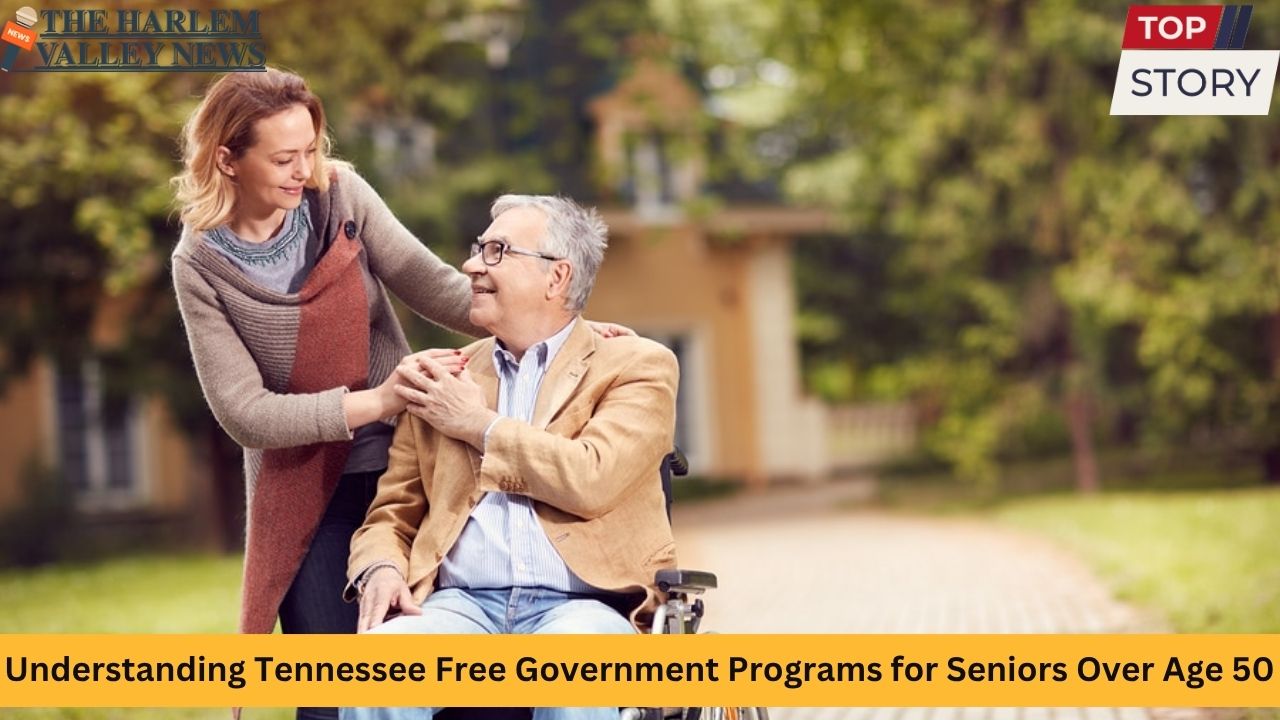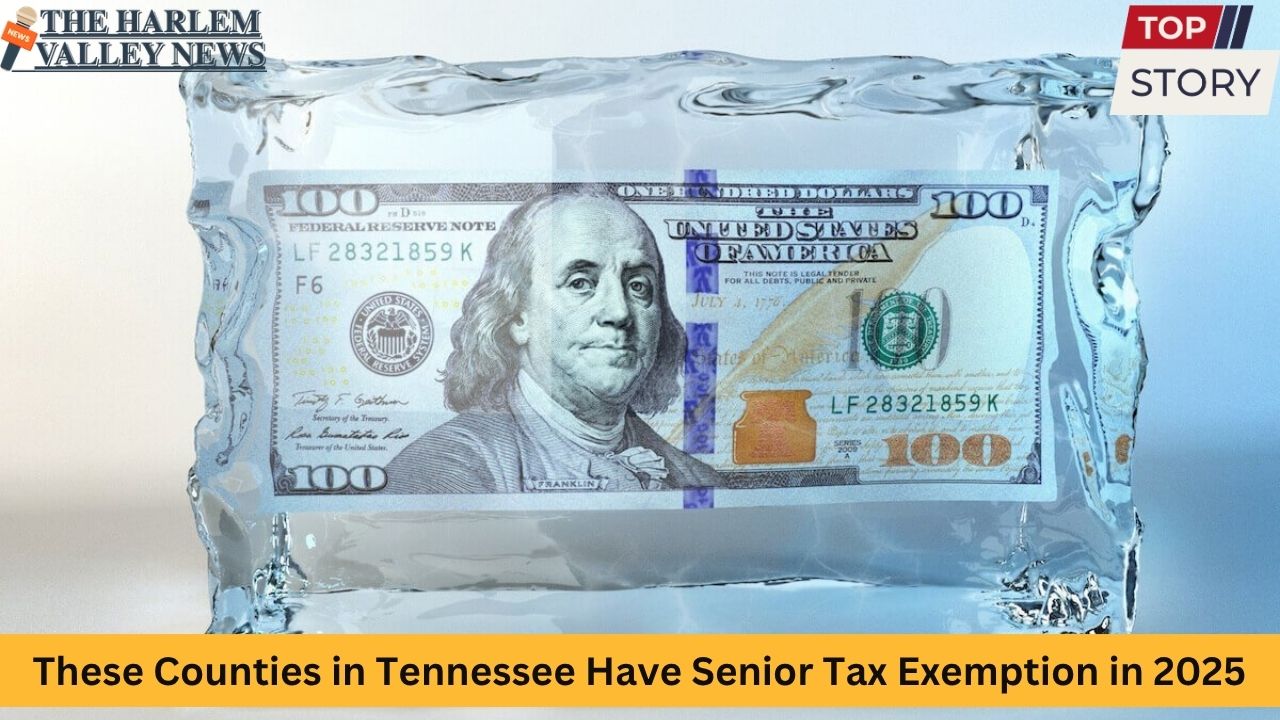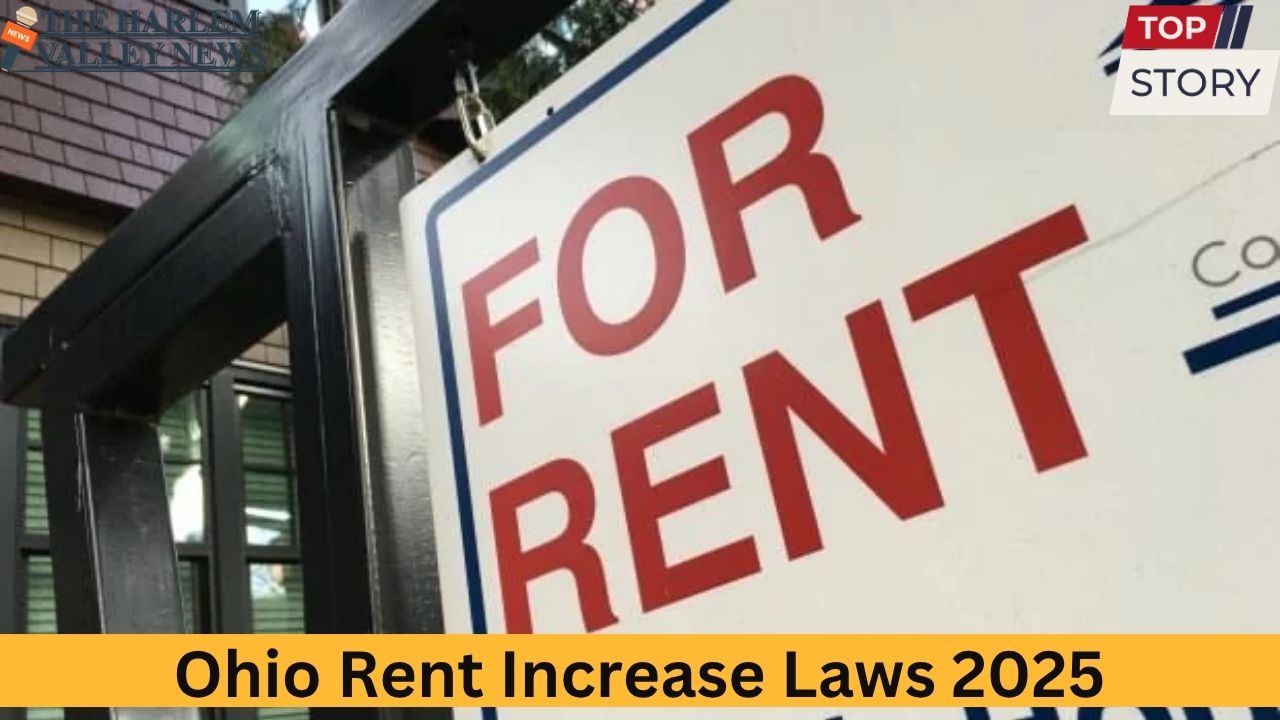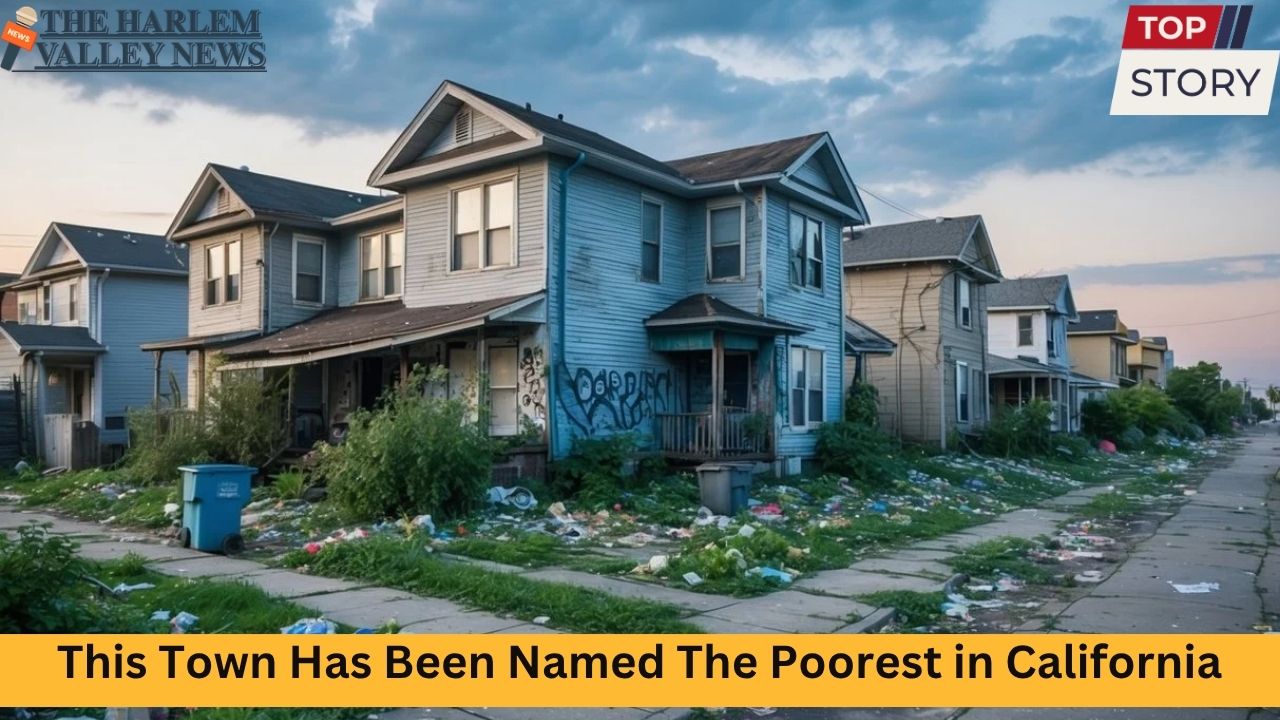As Tennessee’s population of older adults continues to grow, the state has developed a variety of free government programs aimed at supporting seniors over the age of 50. These programs provide critical assistance in health care, nutrition, socialization, housing, and financial relief, helping seniors maintain independence and quality of life. From metropolitan areas like Nashville, Memphis, and Chattanooga to smaller cities such as Johnson City and Franklin, Tennessee’s free programs cater to diverse senior needs. This comprehensive guide explores the main government programs available to Tennessee seniors, relevant facts and statistics about the senior population, and how seniors can benefit from these resources.
Demographic Context of Seniors in Tennessee
Tennessee has a significant senior population, with over 17 percent of residents aged 55 and older. Cities like Nashville (Davidson County), Memphis (Shelby County), and Knoxville have robust senior communities, with growing needs for supportive services. Middle Tennessee, including Williamson County and Rutherford County, has seen an increase in active adults over 50 seeking community engagement and healthcare support. The aging demographic has prompted state and local governments to expand free programs that address health, social needs, economic relief, and caregiving assistance.
Health and Behavioral Support Programs
A. Older Adult Mental Health Program
The Tennessee Department of Mental Health and Substance Abuse Services offers the Older Adult Program specifically for people aged 50 and older who do not qualify for Medicaid (TennCare) but need mental health services. This program operates through six community mental health providers covering 43 counties, offering outreach, screenings, in-home therapy linkages, and community education to promote healthy aging.
B. TennCare CHOICES Long-Term Care Program
TennCare CHOICES provides long-term care services for seniors aged 65 and over, as well as adults with disabilities, enabling many to receive care in their homes rather than in nursing facilities. Services include personal care assistance, home-delivered meals, emergency response, adult day care, home modifications, and respite care, helping seniors maintain independence and reduce institutionalization.
C. Medicare Savings Programs
Tennessee assists seniors with limited income through Medicare Savings Programs, which help pay for Medicare Part A and B premiums, deductibles, and copayments. Programs such as the Qualified Medicare Beneficiary (QMB) and Specified Low-Income Medicare Beneficiary (SLMB) save many seniors thousands of dollars annually in healthcare costs.
Social and Community Engagement
A. Senior Centers Across Tennessee
Senior centers in cities like Nashville, Chattanooga, Knoxville, and smaller communities such as Bristol and Milan provide free socialization, recreational activities, educational workshops, health screenings, exercise programs, and nutrition advice. These centers serve as vital hubs where adults over 60 can connect, learn, and engage in enriching activities that promote physical and mental well-being.
B. FiftyForward Initiatives
Based in Middle Tennessee, FiftyForward offers innovative programs and services targeting adults aged 50 and older. Their mission is to enhance longevity and fulfillment for seniors. Programs focus on health and wellness, caregiving support, education, and volunteer opportunities, encouraging seniors to maintain active, socially connected lifestyles.
Housing, Property Tax, and Financial Assistance
A. Property Tax Relief for Senior Homeowners
Tennessee offers property tax relief programs for qualifying seniors 65 and older, designed to reduce annual tax burdens. Seniors must meet income and residency requirements to receive reimbursements on a portion of their property taxes. These programs apply in urban counties like Davidson (Nashville), Shelby (Memphis), and Knox (Knoxville), where tax relief and “tax freeze” options help seniors manage housing costs amid rising property values.
B. Home Modification Programs
State and local grants and low-interest loans help seniors modify their homes for safety and accessibility. Assistance includes installation of ramps, grab bars, and wider doorways, facilitating aging in place. These programs are crucial for seniors living in cities such as Murfreesboro and Mount Juliet, where maintaining home independence is preferred.
C. Supplemental Nutrition Assistance Program (SNAP)
SNAP provides critical food assistance for seniors facing nutritional challenges. Special elderly-friendly application processes exist in Tennessee, including the Elderly Simplified Application Project (ESAP), which streamlines benefits access for households with members aged 60+. Seniors in urban centers like Memphis and Chattanooga benefit from program features including higher asset limits and deductions for medical expenses.
Transportation and Utility Assistance
A. Transportation Services
Many Tennessee communities offer senior transportation services designed to increase mobility for adults over 50. Programs like MyRide TN provide free or low-cost rides to medical appointments, grocery stores, and senior centers, especially important in suburban and rural areas like Johnson City and Crossville.
B. Lifeline Utility Assistance Program
The federal Lifeline program and state initiatives provide monthly discounts on phone and internet services for qualified seniors, helping them stay connected and access telehealth resources. Enhanced benefits apply to tribal lands, and programs are available statewide, including in cities like Clarksville and Franklin.
City-Specific Highlights and Programs
A. Nashville
As Tennessee’s capital and largest city in Middle Tennessee, Nashville hosts numerous senior centers and mental health programs. The Greater Nashville Regional Council (GNRC) funds senior centers offering fitness, educational activities, and social support.
B. Memphis
Shelby County’s senior programs include property tax credits, nutrition services such as Meals on Wheels, and Alzheimer’s support centers. Memphis also benefits from transportation and utility assistance tailored to senior residents.
C. Chattanooga
Chattanooga’s Bradley County promotes senior wellness through community centers and outreach programs. Transportation and social programs collaborate to reduce isolation among older adults.
D. Smaller Cities and Towns
Cities such as Johnson City, Bristol, Mount Juliet, and Milan have active senior citizen centers offering activities, meals, and health screenings. These communities play a critical role in ensuring seniors living outside major urban centers receive essential support.
Conclusion
Tennessee offers a comprehensive array of free government programs that address the multifaceted needs of seniors over age 50. From health care and mental health services to nutrition, housing assistance, and transportation, these programs help promote independence, social engagement, and financial security for older adults statewide. Whether in bustling cities like Nashville and Memphis or quieter towns such as Pulaski and Pikeville, Tennessee’s seniors have access to a network of supportive resources aimed at enhancing their quality of life as they age.
With the Tennessee senior population expected to continue growing, awareness and utilization of these programs will be vital for ensuring older adults receive the care and support they deserve. Seniors and their families should reach out to local Area Agencies on Aging, senior centers, and government offices to learn more about qualifying and enrolling in these invaluable programs. Through collaboration and continued investment, Tennessee is committed to supporting its vibrant and diverse senior community.













Leave a Reply